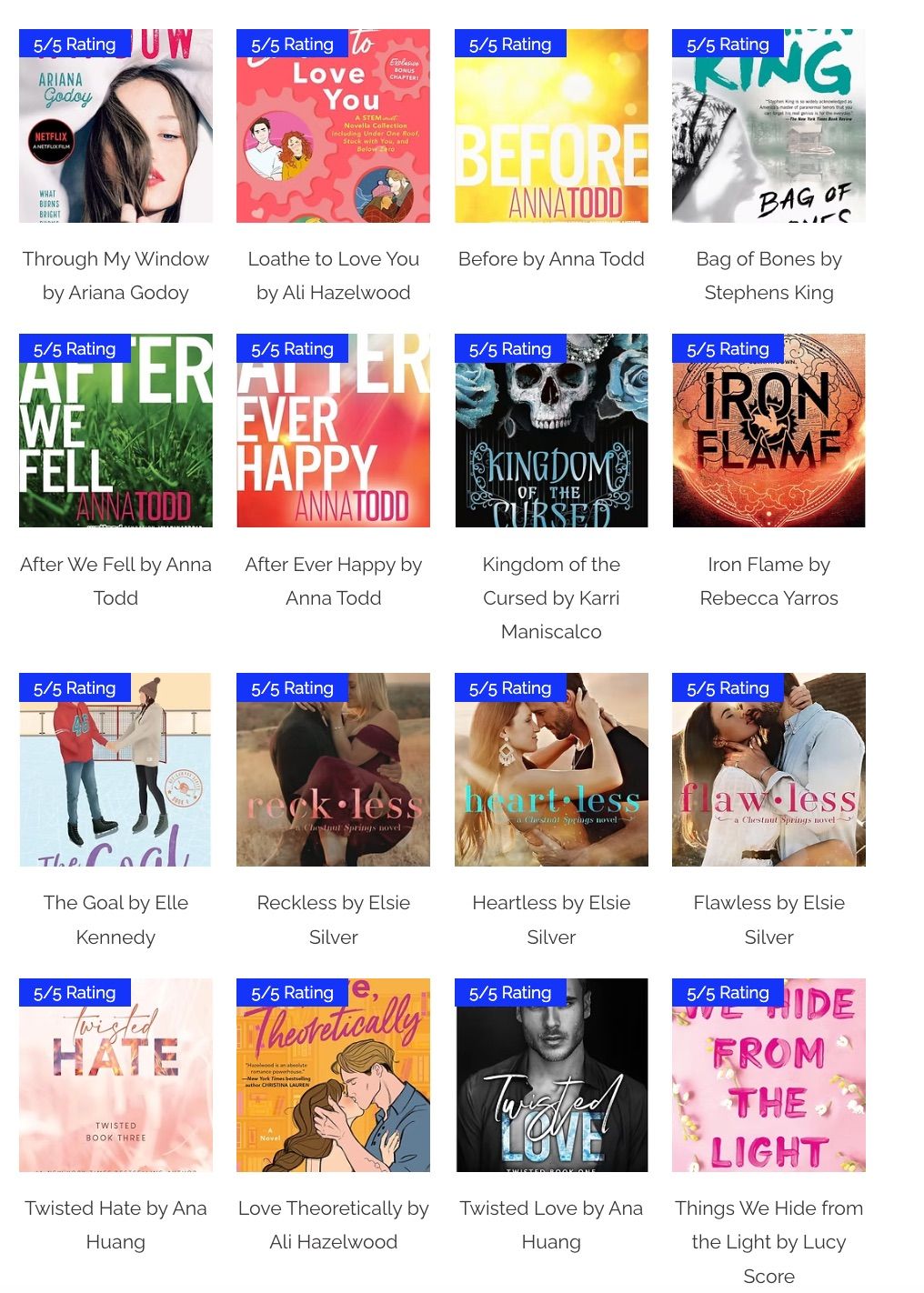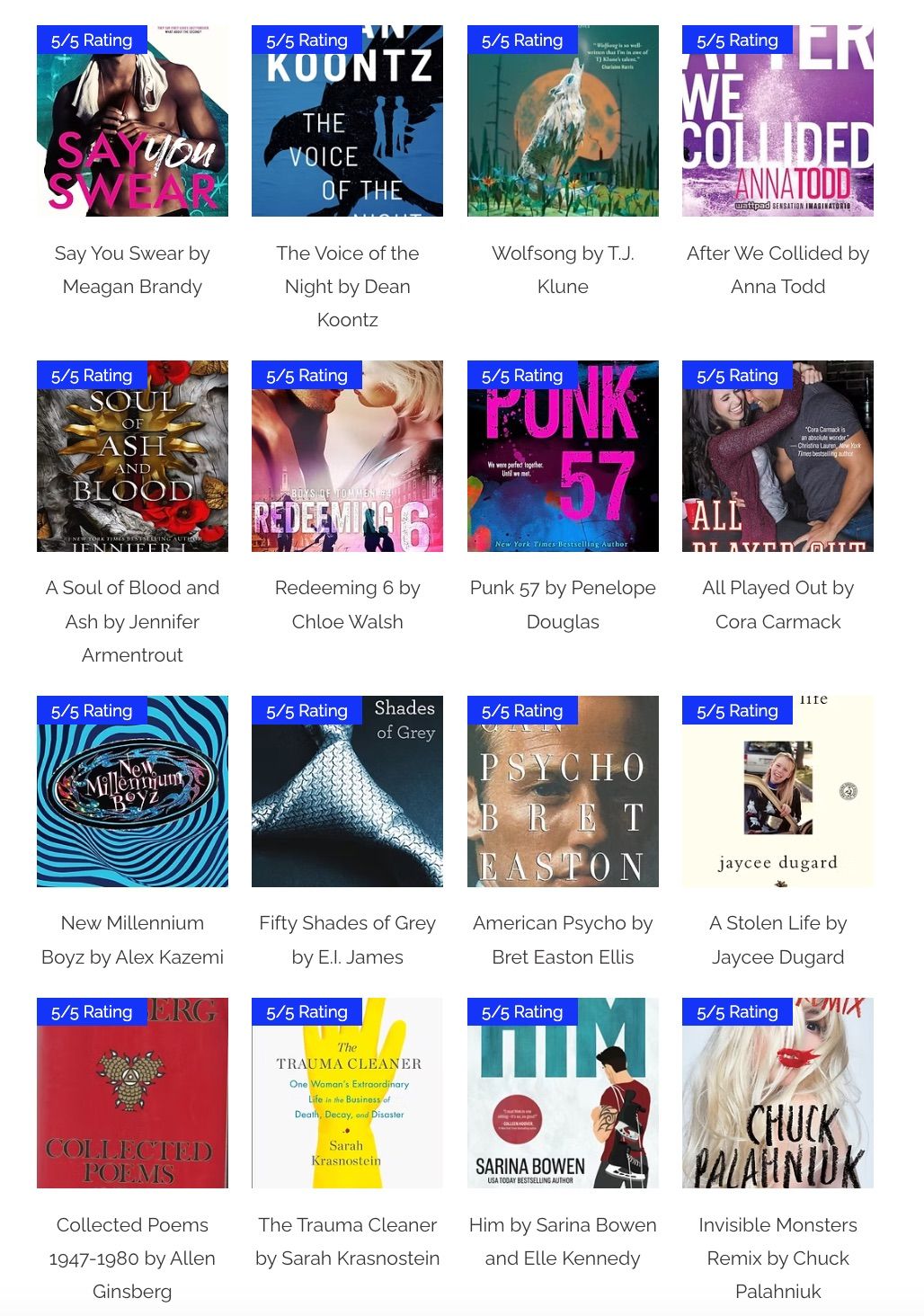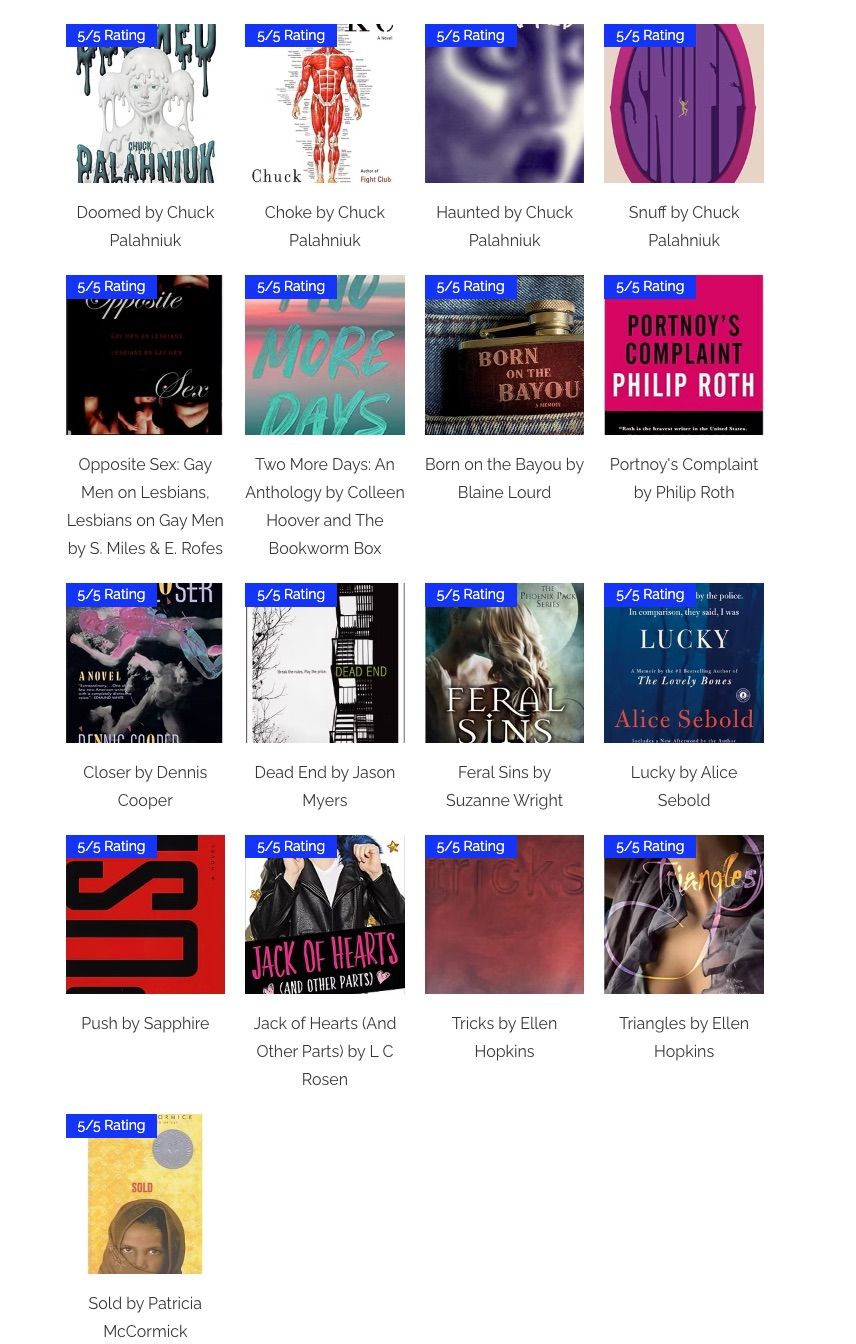What began in the public schools did not take long to make its way to the public library, at least when it comes to book censorship. Schools were easy to apply the “appropriate for kids” rhetoric to in 2021 and 2022, especially amid rampant mis- and dis- information about COVID, masking, and vaccines. Those were the forerunners and the tracks that allowed book censorship to become an issue.
Once success happened at the local level, book censors found that they had the opportunity to influence all manner of policy at the local and state level regarding the types of books available in libraries–as well as policy dictating libraries, period. Librarians in some places fear legal repercussions for all manner of activities, all of which are everyday, professional activities: selecting books that reflect the experiences of the whole community, being one thing, and engaging with and learning from one’s professional association, being another.
It didn’t take long for federal-level policy and action to follow. We’ve seen this through the dismantling of the Department of Education and the right-wing lies about the “book ban hoax”. We’ve seen it through the Department of Defense demanding nearly 600 books be banned in military schools worldwide. We’ve also seen it through the dismantling of the Institute for Museum and Library Services and attempts to completely shutter the only federal agency overseeing public libraries and museums in the coming fiscal year. We’ve seen it in the lies about why Carla Hayden, the Librarian of Congress, was unceremoniously and unprofessionally fired via email.
Targets of this wave of censorship and reasons for the attacks on public institutions like libraries and schools come down to three little letters: DEI. Diversity, equity, and inclusion are why books by and about marginalized people have been banned over the last several years. It’s why schools are “failing.” It’s why public libraries are run by people given all manner of disgusting and inappropriate names. Anyone who can actually think for themselves knows each of these is a lie. Each of these is simply political chess, with anyone falling outside the white, cishet, male, Christian, able-bodied ideal pawns to be tossed aside.
But over the last year, it’s become clearer and clearer that there is another target for the far-right in its relentless attacks on the intellectual freedom of people who aren’t subscribed to their rigid and bigoted morality: romance books. The same tactics deployed to create numerous laws and policies governing the books available “for children” in public schools and public libraries are being deployed here.
Literary Activism
News you can use plus tips and tools for the fight against censorship and other bookish activism!
For years, we’ve been hearing the story of “pornography” in libraries. It’s mainly been applied as “pornography for children,” code for books by or about LGBTQ+ people; other words slung about include “inappropriate,” “sexually explicit,” “sexually deviant,” or “obscene.” We’ve also watched states over the last year go hard for trying to undermine the Miller Test, the prevailing three-prong standard for identifying obscenity. In Florida, for example, they’ve tried to pass a law that would apply the Ginsberg v. New York ruling to books, allowing for removal of materials that may have artistic or scientific merit (per prong three of the Miller Test) if it isn’t suitable for children. But Florida isn’t alone. Other states have tried to erase the third prong of the Miller Test this year to allow those in charge to call anything outside their particular worldview “obscene.” This discourse sets the groundwork. It’s the frame by which on-the-ground sycophants rally.
RatedBooks, one of the unprofessional “parental rights” book review sites, has been stepping up its review work, following the closure of Moms For Liberty’s BookLooks in March. RatedBooks is a project helmed by several groups, including Utah Parents United, No Left Turn in Education, the Pavement Education Project, and the standalone Facebook groups of LaVerna in the Library and her state-level sister pages, Mary in the Library. The latest batch of reviews published on RatedBooks showcases their focus. It’s not books written, marketed, or sold to young people. It’s romance.
July’s 24 new reviews on RatedBooks included 11 adult romance titles and three YA romance titles. That’s 14 of 24 of the latest reviews covering romance; all those books appear to center on cishet romance (and to be clear, they won’t stop here). RatedBooks assigned the label of “aberrant/deviant content” to six of those 24 reviews; five of the six were romance novels. This rating is a step above “adults only” in their scale. These are books that the volunteer reviewers of these unabashedly partisan groups believe no one should read.
The reviews being so romance heavy in July isn’t a fluke. Neither is the “aberrant/deviant content” rating for romance books in their system. There are 49 books given that label, and of them, more than half are adult romance novels.



These adult romance novels are not being promoted to young readers in school or in public libraries. RatedBooks intentionally wants to rile up its base by suggesting they are through inclusion in its database. The agenda doesn’t end at “protecting the children.”
But let’s step back for a moment to how legislators have aided censorship. In the last legislative session, Oklahoma proposed Senate Bill 593. The bill attempts to codify the meaning of “pornography” beyond the context of obscenity–the thing for which we have a federal definition via the Miller Test. “Pornography,” per the definition in the bill, could mean anything that anyone would want it to. As such, somebody could sever any passage or image from context and deem it illegal. In other words, the “as a whole” portion of the Miller Test (which repeats in the test twice because it’s so crucial) would be moot. If anyone felt there was an issue with deeming anything pornographic and thus illegal, they could take that through the legal system. That was the intention, as it would create a pathway for the Supreme Court to revisit the Miller Test.
The legislation did not pass, and it didn’t have a great shot of passing, period. But at this stage in the game, that’s not the goal. The goal is to begin seeding the path for future passage of bills like this one. To further heighten the so-called culture war issues in the public’s consciousness and thus normalize the distinctly not normal fixation that the far right has on sex. We will see attempts to copy this in the coming years in the same states that are already tossing out the lies they’ve spread about “local control.” Laws like SB 593 and those meant to change the meaning of the Miller Test are about state-level control.
We have something similar bubbling up at the federal level this year, too. Utah Senator Mike Lee’s proposed Senate Bill 1671, the Interstate Obscenity Definition Act, was introduced back in May. It was heard twice and sent to the Commerce, Science, and Transportation Committee back in May. There’s been no action on it since (despite some outlets reporting that there was action on it this week, that’s factually incorrect–it was heard in May). The bill would redefine obscenity in this way:
(38)OBSCENE; OBSCENITY.—
(A)IN GENERAL.—The term ‘obscene’ or ‘obscenity’, when used in a manner or context that explicitly refers to, or could apply to, a picture, image, graphic image file, film, videotape, or other visual depiction, includes a picture, image, graphic image file, film, videotape, or other visual depiction that—
(i) taken as a whole, appeals to the prurient interest in nudity, sex, or excretion;
(ii) depicts, describes, or represents, an actual or simulated sexual act or sexual contact, actual or simulated normal or perverted sexual acts, or lewd exhibition of the genitals, with the objective intent to arouse, titillate, or gratify the sexual desires of a person; and
(iii) taken as a whole, lacks serious literary, artistic, political, or scientific value.
The bill would include penalties for anyone who shares materials deemed “obscene,” intentionally or not. Lee’s goal is to challenge the prevailing Miller Test further and to emphasize that anything that a person (read: legislator or other “official”) considers a sexual act could qualify as such. While he suggests such a bill is to “protect children,” anyone who has paid a lick of attention throughout the 2020s knows that it’s not. Especially for the far-right, especially in an era where more and more child sexual abusers and actual groomers are being outed or protected by that very same party.
We won’t likely hear much more about this bill in the coming months. The 2025 Congress has not passed much legislation at all. But what the bill represents is essential: it’s another sign of the larger agenda at work by the cult of the right. The bill in Oklahoma and the bill in the Senate were pebbles tossed at the window and an opportunity to stress test what’s to come.
Similar to how what begins in the public schools moves to the public libraries, what starts with “protecting the children” then moves to “protecting everyone.” “Everyone” here has a specific definition, much as “children” does–it’s not everyone.
It’s women.
Women constitute 82% of those who read romance.
These books aren’t in school libraries, and if they are, their reach is limited (some high schoolers offer them to teens who like romance and/or to staff who also use the school library). But these books are in public libraries. Although they’re not in areas designated for young people, book banners will see their opportunity to begin saying that young people can access them on shelves. The content of such books is obscene or pornographic and thus, even for adults, not acceptable in the community library. Such books fall outside the scope of “appropriate materials” for taxpayer dollars, representing deviance on the library’s part.
There’s that word again.
Putting restrictions on romance written, marketed, and sold to adults is an opportunity for the right to control the world around them. Book banners and their right-wing compatriots are attacking other institutions and agencies that aim to help lift all people because they’re unable to control the world around them to conform to their limited beliefs about morality. Their morality is tied up in a single, far-right, fundamentalist Christian belief system. Removing books, removing access to healthcare, removing food stamps, removing bodily autonomy: they’re all part of the same game to ease the cognitive dissonance these people have as they confront a world that makes clear that morality is more complex than what they’ve been brainwashed to think by their cult leaders.
Romance books like those being sought out and rated by RatedBooks don’t conform to their rigid belief systems. They’re a natural next step in the process of crying “but my tax money” toward institutions that serve the whole of a community and not just the most mouthy parts of it.
Setting the future target of book bans on romance is the next step in controlling women.
Book Censorship News: August 22, 2025
- Local book banners were mad about King William’s libraries (VA) having “inappropriate books” in 2023. The library’s board removed the library from the consortium they were part of and sold the public library to the private Library Systems & Services company to run it. Guess what happened? If your guess is that they don’t have books people want, including books on school reading lists, and people are mad they no longer have access to materials from other libraries, then you’ve got it. It’s exactly what everyone says would happen coming to fruition. (LS&S is notorious, and they’ve been swooping in to “help” libraries under siege by book banners, including in Huntsville, Texas, with attempts to do the same in Huntington Beach, California and Samuels Public Library in Front Royal, Virginia).
- Remember earlier this summer that the York County Library (SC) tried to ban all trans and gender themed books from those under 18? The decision was tabled, and last week, people were very vocal about how they did not want this to pass. It is currently still under legal review.
- Students and parents were “shocked” to find the library at Bellbrook High School (OH) closed because the library was reviewing all of the material in order to be in compliance with new state laws. Students will also need to have parents sign waivers to borrow books with “sexual or gender ideology.”
- Texas’s Spring Independent School District has done something surprising–they won’t be implementing parental book
banreview boards at their school. Frank Strong from the Texas Freedom to Read Project talks about seeing this happen in districts across Texas and what may be happening. - No matter how much their books are banned, George M. Johnson will keep speaking and writing.
- A Wyoming legislative committee tabled their ludicrous bill to fine libraries $50,000 whenever kids read a “sex” book.
- Harford County Schools (MD) banned Flamer from the district and community members are pushing back. Recall that Maryland has an anti-book ban law; those only matter as much as they’re enforced.
- “A Kentucky church is urging its members to permanently remove books from the Shelby County Public Library by checking them out and never returning them. The books portray gay characters and historical figures or explore LGBTQ+ themes.” Way to love thy neighbor, not to mention steal from them.
- Milton School Board (VT) saw one of its members give a performance of This Book Is Gay in an attempt to persuade the board to create more anti-LGBTQ+ policies school-wide.
- Recall that Fairhope Public Library (AL) lost their state funding for refusing to ban books that the far-right leaders overseeing library funding in the state don’t like. Fairhope still doesn’t have their state money, but they finished their review of titles and elected to move the YA book Like A Love Story to the adult section. Sigh.
- Florida’s government officials plan on spending taxpayer money to appeal their loss in a recent court case stating that they can’t just pull books from school libraries that they don’t like.
- “West Shore School District [PA] officials are expected to consider new restrictions on which bathrooms LGBTQ+ students can use and what all students can read.” Their agenda is being shepherded by a far-right legal team responsible for similar discriminatory policies in other school districts.
- Justin Richardson and Peter Parnell, authors of the oft-banned And Tango Makes Three, talk about the evolving legal strategy aiming to keep books like theirs off shelves in public institutions. Sorry to report that this is paywalled.
- Advocate talks about how to take back school boards from the far right. There’s nothing new here, as this has been the rallying cry for 4+ years, but it’s a nice reminder that it’s possible and vital.
- Redlands schools (CA) have officially voted to make it easier to ban books the board doesn’t like. Recall that California has an anti-book ban law that applies to public schools but that law is only as meaningful as it’s enforced.
- The Arkansas State Library Board has been filled once again, and this time, the six members are even more conservative than the last batch. Expect a lot of bad stuff out of Arkansas in the coming year as they exert their bigotry across state libraries. Recall this board replacement is a result of proposed legislation to shutter their state library.
- “Howell Mountain Elementary in Napa County will not move forward with a proposal to let parents pull their children from LGBTQ+-inclusive lessons, after public opposition at this week’s board meeting.” This is how we operate when it comes to Mahmoud. This doesn’t mean parents don’t have the “right” to pull their kids from these lessons; they just won’t be alerted every single time there are potential lessons that they can object to but will see the reminder annually.
- A school board meeting in Beaufort, South Carolina, schools will address more challenges put forth by the single mom responsible for most of the book bans statewide. The books on this list may be the next she submits to the state for removal statewide.